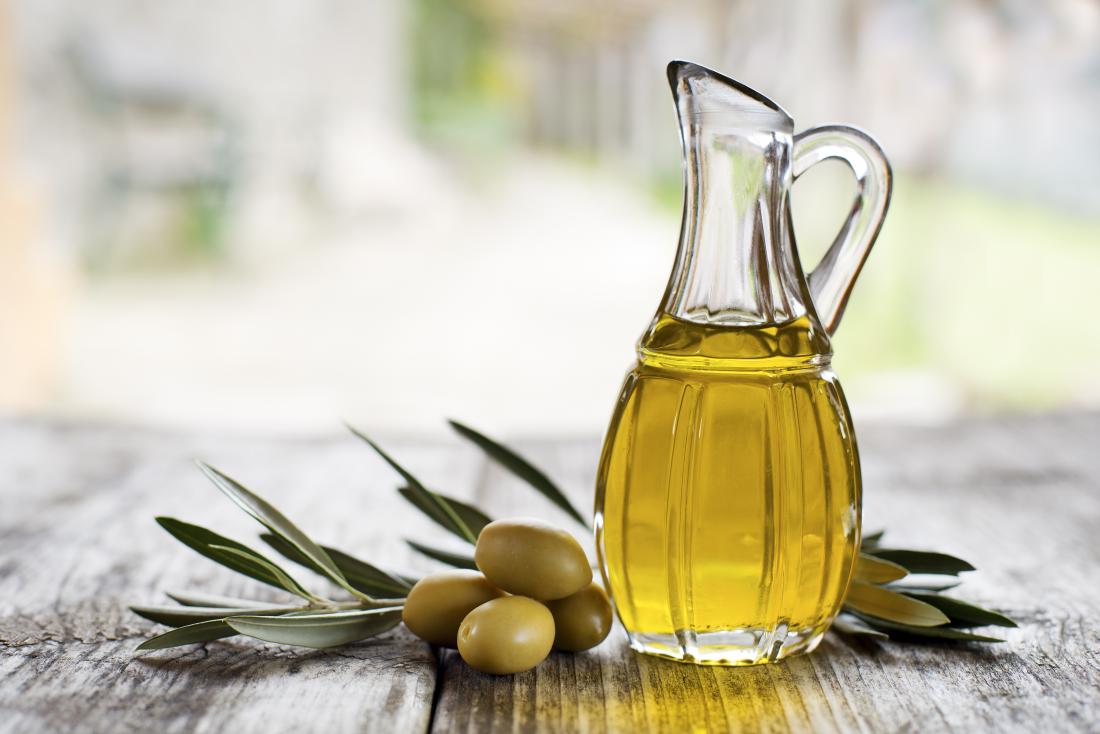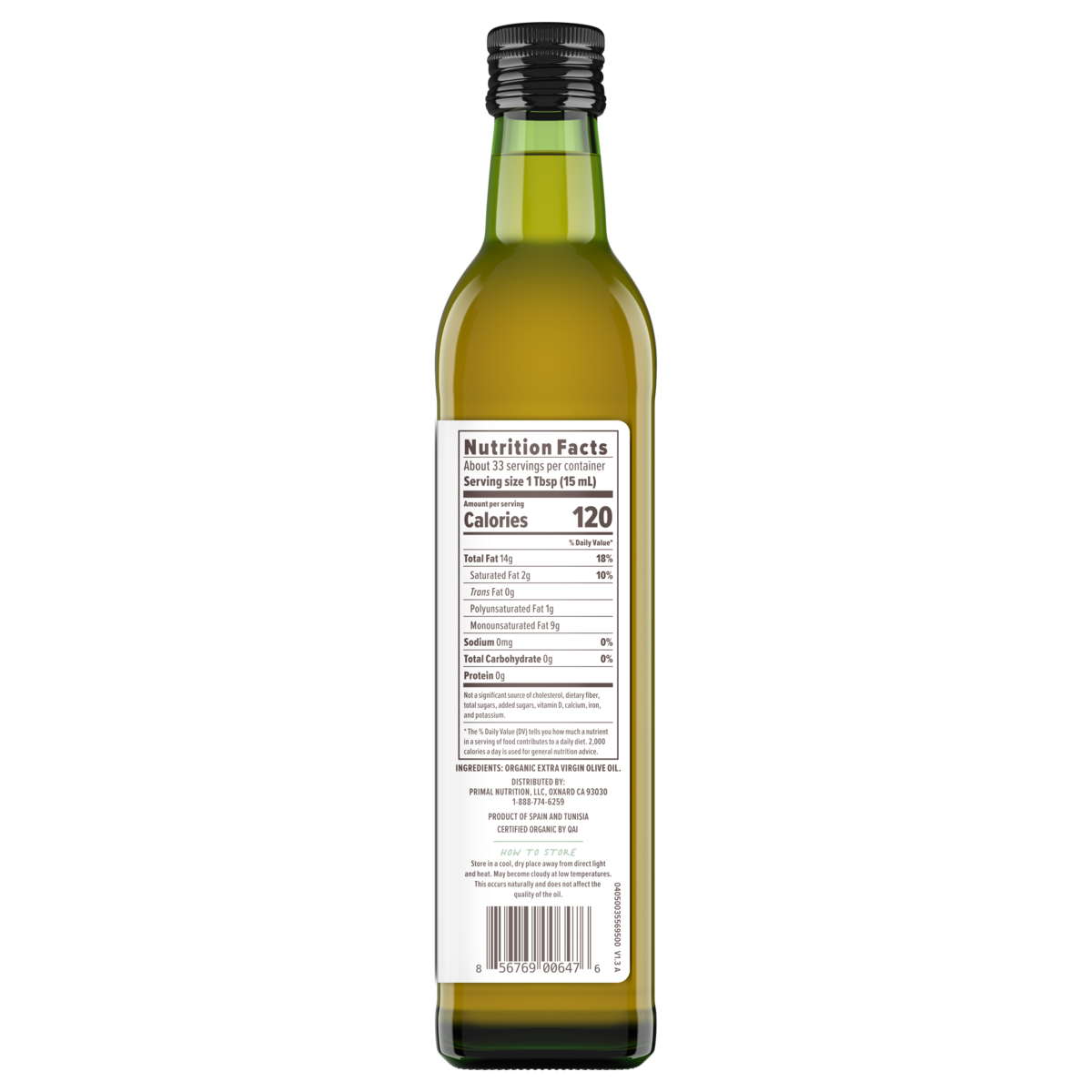Extra Virgin Olive Oil Benefits: The Secret to Healthier Hair and Nails
Extra Virgin Olive Oil Benefits: The Secret to Healthier Hair and Nails
Blog Article
Exploring the Various Kinds of Olive Oil and Their Usages, Including Additional Virgin Olive Oil
The expedition of olive oil incorporates a varied series of types, each offering cooking applications and distinct flavors. Additional virgin olive oil, renowned for its remarkable top quality and wellness advantages, acts as a staple in several cooking areas, yet it is just one element of this multifaceted active ingredient. extra virgin olive oil benefits. Other selections, such as pure and refined olive oils, likewise warrant attention for their special residential properties and uses. Understanding these distinctions can dramatically impact both cooking methods and flavor profiles. What, then, should one think about when picking the appropriate olive oil for a certain culinary venture?
What Is Olive Oil?
Originated from the fruit of the olive tree, olive oil is a staple in Mediterranean cuisine and a vital ingredient in different culinary applications. This flexible oil is generated by pushing whole olives, causing a fluid that varies in shade, fragrance, and flavor relying on the type of olives made use of, the area of cultivation, and the extraction procedure. Olive oil is predominantly made up of monounsaturated fats, particularly oleic acid, which is known for its potential health and wellness advantages, consisting of anti-inflammatory homes and cardiovascular support.
In addition to its cooking usages, olive oil has a lengthy history of application in conventional medication and skincare, owing to its rich antioxidant content (extra virgin olive oil benefits). The oil is often made use of in dressings, marinates, and for cooking methods such as sautéing and roasting. Its distinct taste account can boost the taste of numerous dishes, making it an essential active ingredient for both home cooks and professional cooks
Furthermore, olive oil is celebrated for its role in the Mediterranean diet plan, which is associated with various health benefits. As understanding of these advantages grows, olive oil proceeds to get popularity worldwide as a basic part of a healthy and balanced lifestyle.
Kinds Of Olive Oil
Comprehending the various kinds of olive oil is necessary for both health-conscious consumers and cooking fanatics. Olive oil is categorized mainly based on its extraction technique and top quality, which significantly affects its scent, health and wellness, and flavor benefits.

Light olive oil, in spite of its name, describes a lighter flavor and not reduced calories. It is optimal for those seeking a more refined preference in dressings and marinates. In addition, there are flavorful olive oils infused with natural herbs, spices, or citrus, which can enhance recipes without the requirement for added spices.
Each kind of olive oil serves certain cooking purposes, and comprehending these differences allows consumers to make enlightened selections that line up with their food preparation designs and health and wellness objectives.
Bonus Virgin Olive Oil
Bonus virgin olive oil (EVOO) is widely considered as the finest olive oil readily available, well known for its abundant flavor and various wellness benefits. To be identified as extra virgin, the oil needs to be produced from fresh olives making use of mechanical processes, without making use of solvents or excessive warm. This thorough method maintains the oil's natural flavors, anti-oxidants, and healthy and balanced fats, causing a product with a low level of acidity degree of less than 0.8%.
EVOO is plentiful in monounsaturated fats, particularly oleic acid, which is linked to reduced swelling and enhanced heart health. It also includes polyphenols, powerful antioxidants that might offer protective results against chronic diseases. The flavor profile of EVOO can differ substantially relying on the olive variety and region of manufacturing, varying from verdant and fruity to robust and sharp.

Culinary Use Olive Oil

In cooking, olive oil can be utilized for sautéing, roasting, and barbecuing, giving a healthier choice to butter or various other fats. Its high smoke point makes it ideal for various cooking methods, while its anti-oxidants add to a heart-healthy diet. Sprinkling olive oil over finished recipes, such as pasta, fish, or smoked vegetables, can raise flavors and add a touch of beauty.
In addition, olive oil plays a considerable role in baking, where it can replace standard fats in dishes for bread and breads, passing on wetness and a subtle taste. It also functions as a base for instilled oils, enabling chefs to experiment with flavors such as garlic, herbs, or chili, additionally broadening its cooking capacity. Overall, olive oil's flexibility makes it vital in both home and professional kitchen areas.
Choosing High Quality Olive Oil
When picking top quality olive oil, it's vital to take into consideration numerous vital variables that affect the product's flavor, aroma, and health advantages. Primarily, choose extra virgin olive oil (EVOO), which is originated from the very first cool pressing of olives and consists of the highest degree of anti-oxidants and useful substances. Look for oils that are licensed by acknowledged companies, as this usually ensures adherence to strict quality criteria.
The packaging also plays a significant duty in maintaining the oil's stability. Choose oils saved in dark glass bottles or tins to protect versus light degradation. Pay attention to Recommended Reading the harvest day; fresher oils offer premium taste and dietary worth, so select items that are within 18 months of their harvest.
On top of that, think about the origin of the oil. Top notch olive oils frequently originate from details regions understood for their distinct flavor profiles, such as Italian, Spanish, or Greek oils. Be aware of the taste; a good quality olive oil need to have a balance of fruity, bitter, and sharp notes, indicating its splendor and intricacy. By assessing these aspects, you can ensure you are picking the finest olive oil for your cooking needs.
Verdict
In recap, the exploration of different types of olive oil exposes distinct features and applications, with additional virgin olive oil standing for the peak of high quality due to its reduced acidity and high antioxidant material. Comprehending the different varieties of olive oil allows for informed options in food preparation techniques, advertising healthier techniques while improving the general gastronomic experience.
Acquired from the fruit of the olive tree, olive oil is a staple in Mediterranean cuisine and a crucial component in various cooking applications.The most usual kinds of olive oil consist of refined olive oil, pure olive oil, and light olive oil.Extra virgin olive oil (EVOO) is extensively regarded as the highest possible quality olive oil readily available, well known for its rich flavor and many wellness advantages. Opt for extra virgin olive oil (EVOO), which is obtained from the initial chilly pushing of olives and contains the highest degrees of antioxidants and beneficial substances.In summary, the exploration of numerous kinds of olive oil exposes distinctive features and applications, with extra virgin olive oil standing for the pinnacle of quality due to its reduced acidity and high antioxidant content.
Report this page